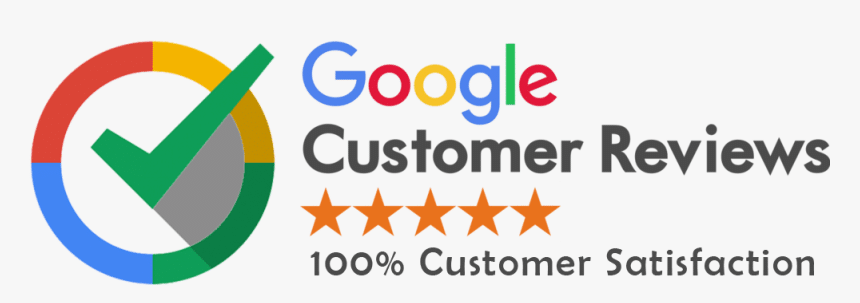The SMS Is Connecting with Modern Advertising For quite a while, email marketing was numerous organizations’ battle system of choice. It met today’s advert necessities that look to have a two-route way to deal with advertisements therefore maintaining a strategic distance from the monolog model of TV/radio, physical banners, and blurb adverts. It additionally realized responsibility where organizations could gauge the achievement of their battles taking into account the reactions they got.
A common situation of how SMS marketing functions is the place through other ad channels; clients are urged to content a specific magic word expression to a specific number. When clients do this, they get a reaction likely with a connection that will lead them to the particular website page of the company’s site. The reaction might likewise contain all the data the client may need to think around an item or administration. Taking into account the reactions the firm acquires, this can likewise have the capacity to evaluate the achievement of SMS battles. Messaging acquires a more cozy association with potential clients and this is one of the real reasons why it is massively fruitful, pretty much as social networking seems to be.
One thing is without a doubt however, SMS marketing cannot deal with its own. It ought to be utilized, as a part of conjunction with other marketing systems and it additionally should be all-around strategized to be fruitful. By all methods, content marketing ought to be made as simple as could be expected under the circumstances. A client ought to effortlessly comprehend the substance of a company’s answer even better, and can get to any data, be it phone numbers, connections, or features, on that answer.
This type of promotion is useable with individuals of all monetary statuses. Today, occasionally anybody go anyplace without a cell phone close by thus fundamentally anyone and everyone is reachable. Firms searching for SMS promoting administrations must search for a firm that can give a productive SMS marketing programming stage, supply rich SMS magic words, and even the vital SMS battle administration.





